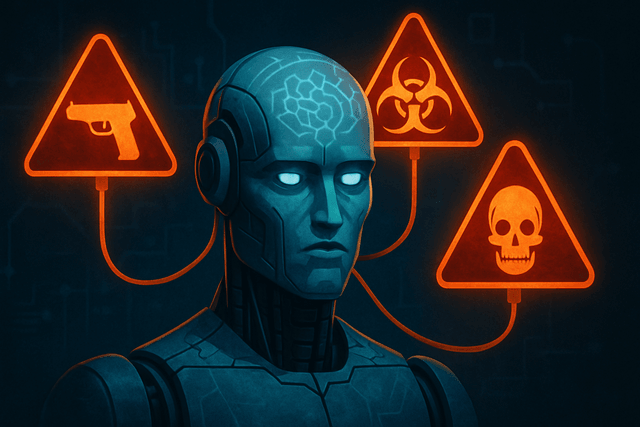In a significant advancement for AI security, Google researchers have identified a fundamental vulnerability pattern that threatens the integrity of AI agent systems.
On June 15, 2025, Google's security team published 'An Introduction to Google's Approach to AI Agent Security,' authored by Santiago Díaz, Christoph Kern, and Kara Olive. The paper outlines Google's aspirational framework for securing AI agents, which they define as 'AI systems designed to perceive their environment, make decisions, and take autonomous actions to achieve user-defined goals.'
The research highlights two primary security concerns: rogue actions (unintended, harmful, or policy-violating behaviors) and sensitive data disclosure (unauthorized revelation of private information). To address these risks, Google advocates for a hybrid, defense-in-depth strategy combining traditional security controls with dynamic, reasoning-based defenses.
This was followed by a related publication on June 16, 2025, which introduced the concept of the 'lethal trifecta' for AI agents - a dangerous combination of three capabilities that create severe security vulnerabilities: access to private data, exposure to untrusted content, and the ability to externally communicate. When these three elements converge in an AI system, attackers can potentially trick the agent into accessing sensitive information and exfiltrating it.
Security researcher Simon Willison, who coined the term 'prompt injection' several years ago, emphasized the importance of understanding this vulnerability pattern. 'If your agent combines these three features, an attacker can easily trick it into accessing your private data and sending it to that attacker,' Willison noted in his analysis of the Google research.
The timing of this research is particularly relevant as AI agents gain more autonomy and access to sensitive systems. Major tech companies including Microsoft, Google, and Anthropic have all experienced similar security issues in their AI products over the past two years, with dozens of documented exfiltration attacks affecting systems like ChatGPT, Microsoft Copilot, and Google Bard.
Google's research proposes three core principles for agent security: agents must have well-defined human controllers, their powers must be carefully limited, and their actions and planning must be observable. These guidelines offer a valuable framework for developers and organizations implementing AI agent systems as they navigate the complex security landscape of increasingly autonomous AI.

